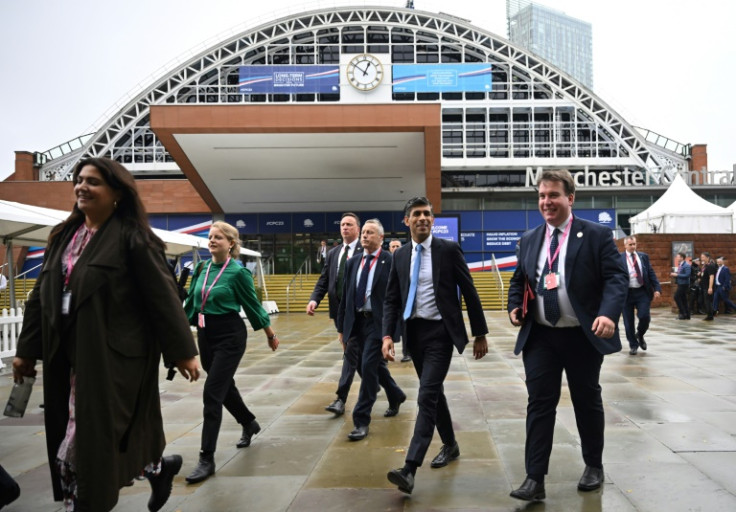Education Secretary Gillian Keegan Proposes Banning Mobile Phone Usage in Schools
The Department for Education wants the ban to be included during school recess times, which has been met with criticism by the teaching union.

Today at the Conservative Party conference in Manchester, Education Secretary Gillian Keegan is to announce the ban of mobile phones during the school day. The new guidelines will urge all head teachers in England to restrict the use of mobile phones by students during class as they are a distraction and often used in bullying.
Although many schools already have restrictions in place against the use of mobile phones in schools, the Department for Education wants the ban to be included during school recess times too.
The government is hopeful that the new guidance will make notable changes to the school day for students.
However, since the new rule will not be enforceable but rather remain each school's decision regarding their policies, many find the proposal puzzling. Especially as it is not clear as to when the guidance will be formalised.
Conservative ministers have in the past also proposed such a ban. For instance, previously Schools Minister Nick Gibbs in 2019 and Sir Gavin Williamson in 2021 have both suggested the same prohibition.
The move by the government has been criticised by the teaching union. As their general secretary Dr Patrick Roach, expressed that the government should be focusing on: "supporting the work of teachers and headteachers rather than announcements designed to detract attention from more than a decade of policy failure."
Additionally, the general secretary of the Association of School and College Leaders, Geoff Barton, stated that the announcement of a mobile phone ban is "timed for the Conservative Party conference in a desperate attempt to grab a headline".
Moreover, he added: "The problems with mobile phones – addictive use, bullying, inappropriate material – generally happen at other times when children are not in school. Schools spend a lot of time dealing with the fallout caused by mobile phone misuse and the damage it does to children."
Barton concluded that a blanket ban in schools would worsen the "behaviour crisis" rather than make it "better".
Furthermore, findings from Teacher Tapp earlier this year in January found that the use of mobile phones in schools at any time is only seven per cent. As well as only 12 per cent of schools allow the use of mobile phones during breaks and recess. Overall, in the majority, 80 per cent of schools have banned their use during the school day, and only permissible specifically by teachers.
In January, we asked teachers about their school's mobile phone policy 💬
— Teacher Tapp (@TeacherTapp) October 2, 2023
60% of secondary teachers said mobile phones weren't to be used under any circumstance in schools 📵#edutwitter #TeacherTappChat pic.twitter.com/9DSMLAOs0y
Chancellor Jeremy Hunt supported the education secretary's plan to ban mobile phones in schools. He told LBC's Nick Ferrari at the Conservative Party Conference in Manchester how it is a "nightmare" removing his children away from the screens due to their addictiveness.
He also said that after "a long day's work" and not seeing his children, it is not right that they "want to talk to their iPad" and not to their father. This refers to mobile phone use at home and not where the ban is being urged – in schools.
He continued to comment: "I thoroughly agree with this - it's the right thing to do academically but also the right thing socially because school is the time when the closest and deepest friendships are formed and you can't do that if you're distracted by a phone."
Finally, research released by CyberSafeKids last week, an Irish charity dedicated to advocating cyber security for children online, said that cyberbullying is a very important issue for children and young persons.
However, the use of a mobile phone during school time ignores the fact that bullied children share a classroom with the same bullies they may well encounter outside of school, such as on the walk home. Therefore, bullies do not need phones to cause harm.
© Copyright IBTimes 2025. All rights reserved.





















